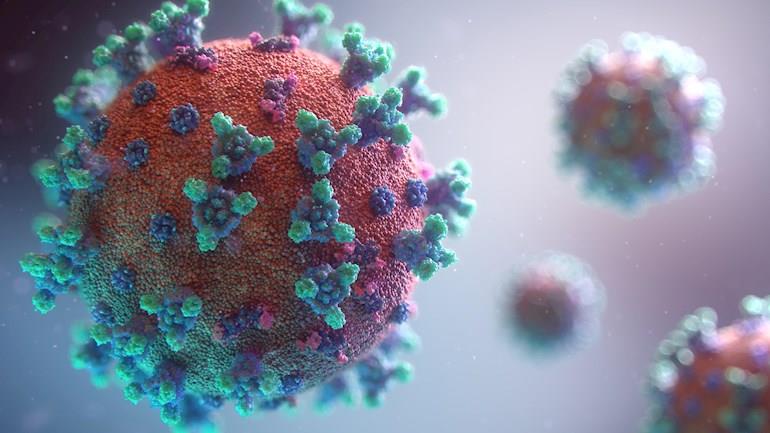MAY 6, 2020
Presence of a lupus anticoagulant may explain prolonged activated partial-thromboplastin time in COVID-19
By Denise Baez
NEW YORK -- May 6, 2020 -- A prolonged activated partial-thromboplastin time (aPTT) should not be a barrier to the use of anticoagulation therapies in the prevention and treatment of venous thrombosis in patients with coronavirus disease 2019 (COVID-19), according to a study published in The New England Journal of Medicine.
“In our study, most patients with COVID-19 who were admitted to the hospital with a prolonged aPTT were positive for lupus anticoagulant and often had an associated factor XII deficiency,” reported Louise Bowles, Royal London Hospital, London, United Kingdom, and colleagues. “It is important to note that neither observation is associated with a bleeding tendency.”
A prolonged aPTT may indicate a clotting-factor deficiency or the presence of an inhibitor of coagulation. However, lupus anticoagulant can affect in vitro tests of blood coagulation, although it is not typically associated with bleeding.
The researchers investigated the cause of prolonged aPTT in 35 patients (median age, 57 years) with COVID-19 who were treated at Royal London Hospital. Of the patients, 24 were male.
At the time of sampling, 21 patients were tested while in critical care, 10 were from in-patients or Emergency Department (ED) patients were admitted for >24 hours, and 4 were from ED patients who were discharged within 24 hours.
Pulmonary embolism was confirmed in 1 patient, and clinically suspected thrombosis was present in 1 patient. None of the patients had deficiencies in factor VIII or factor IX. In 5 patients, marginal reductions in factor XI were found that were unlikely to be of clinical significance. The factor XII level was ≤50 IU per decilitre in 16 patients.
Lupus anticoagulant assays were performed in 34 patients, and 31 (91%) were positive. Two different assays were used -- dilute Russell’s viper-venom time (DRVVT) and lupus anticoagulant-sensitive aPTT. The presence of lupus anticoagulant was indicated by 2 assays in 18 of the 34 (53%) patients, by DRVVT alone in 7 (21%), and by lupus anticoagulant-sensitive aPTT alone in 6 (18%). All samples that were positive for lupus anticoagulant had a prolonged aPTT with a 50:50 mix (sample made up of 50% patient plasma and 50% normal plasma).
In a historical control cohort of 540 specimens received for lupus anticoagulant testing, 43 (8%) had an aPTT of ≥30 seconds, and 11 of the 43 (26%) were positive for lupus anticoagulant. The percentage of specimens that were positive for lupus anticoagulant was significantly higher among the patients with COVID-19 than in the control cohort (P< 0.001).
“In summary, we found that the likely explanation for the prolonged aPTT in patients with COVID-19 was the presence of a lupus anticoagulant, often with associated factor XII deficiency,” the authors wrote. “Further study is required to determine the role, if any, of the lupus anticoagulant (or other associated antiphospholipid antibodies) in the pathogenesis of thrombosis in this patient subgroup. Since factor XII plays no role in haemostasis and lupus anticoagulants are associated with a thrombotic rather than a bleeding tendency, this suggests that prolongation of the aPTT should not be a barrier to use of anticoagulation therapies in the prevention and treatment of venous thrombosis and may be an indication for their use.”
“Clinicians should not modify their anticoagulant approach to the prevention and treatment of thrombosis in these patients based on a prolonged aPTT alone, particularly if the results of a 50/50 mix remain prolonged,” the authors added. “Additionally, fixed dosing of low-molecular-weight heparin would be favoured in these circumstances over intravenous unfractionated heparin because of difficulties in monitoring the latter when the baseline aPTT is prolonged, and in this setting anti-Xa levels may provide a better guide to heparin dosing.”
As of April 13, 2020, of the 35 patients, 8 died, 8 had been discharged, and 19 remained in the hospital (15 in critical care).
Additional details about the study are available in a supplementary index.
Reference: nejm.org/doi/full/10.1056/N...
SOURCE: The New England Journal of Medicine
